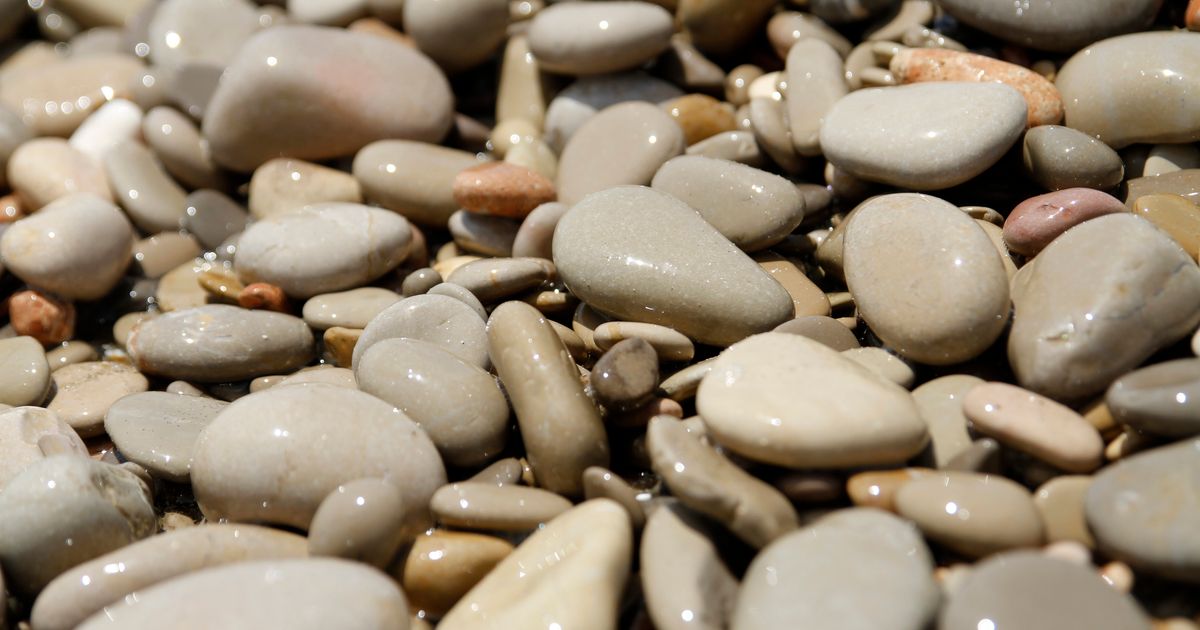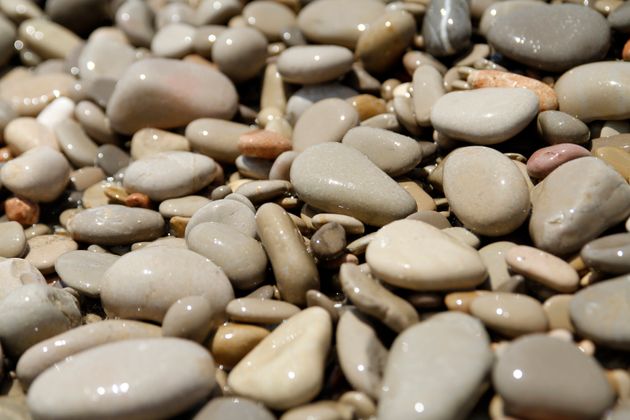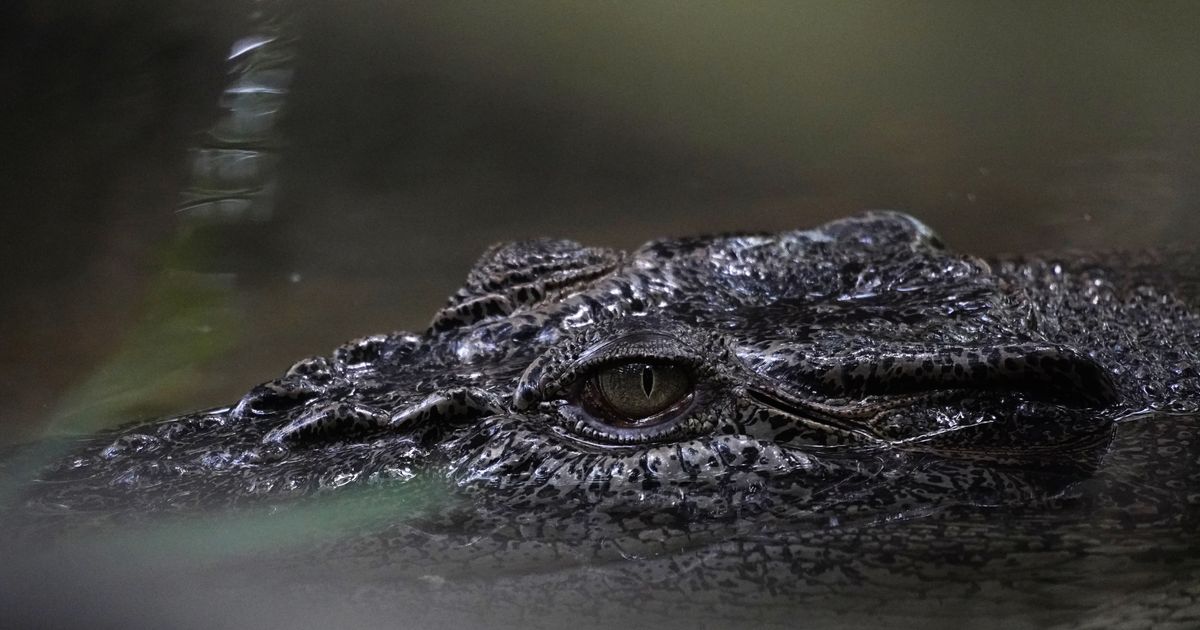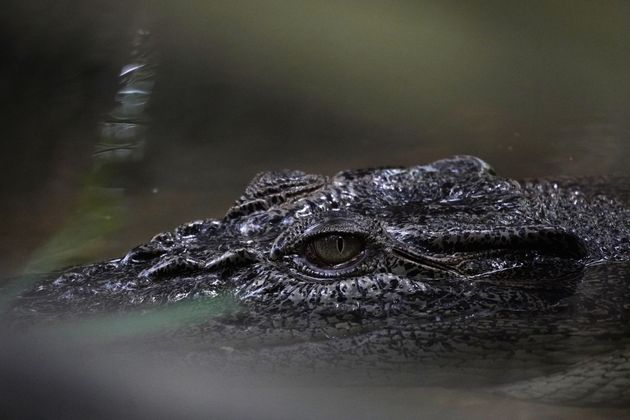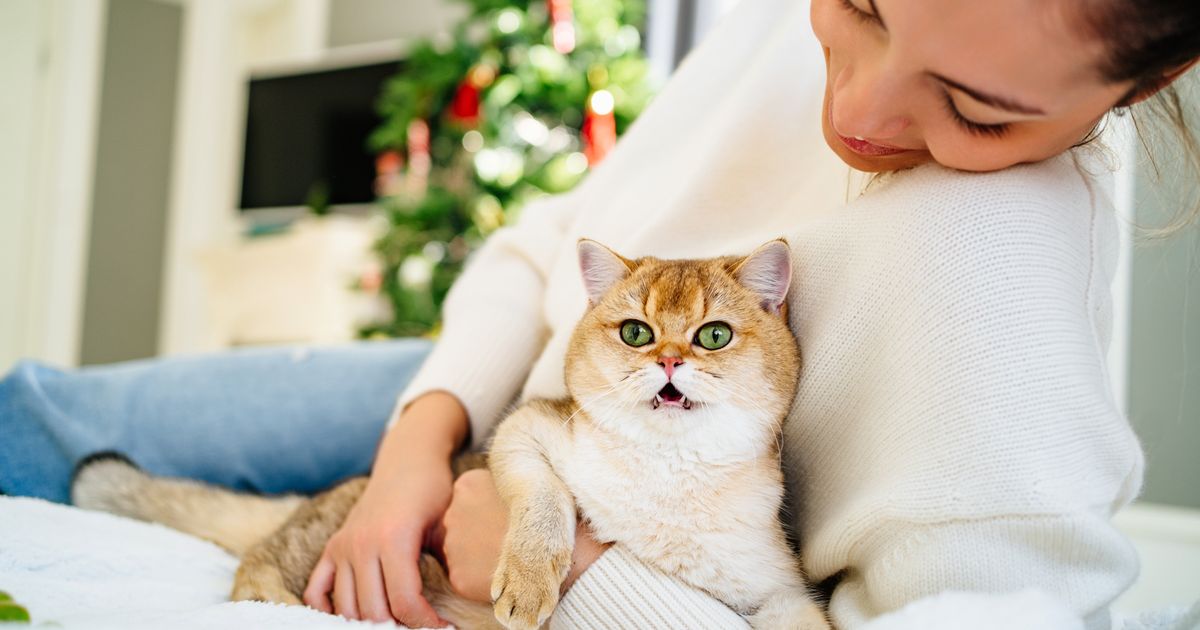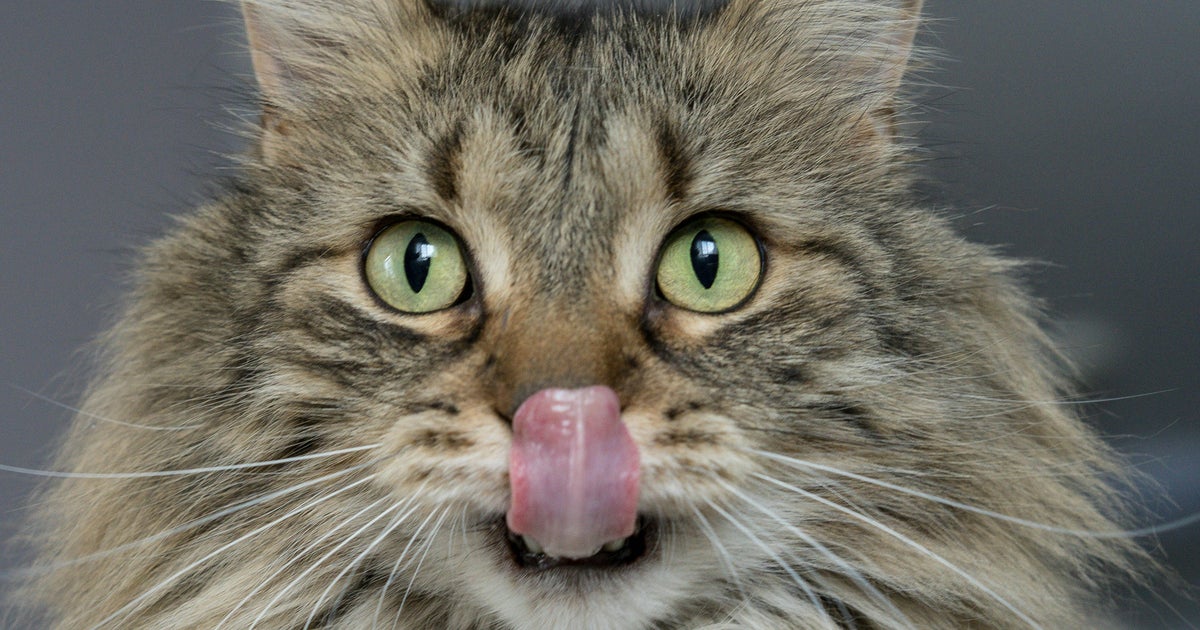
Ever had your shoe stolen by a dog?
Well, according to experts, your furry friend is likely just reassured by your scent and wants to be near it.
Cute as that seems, dogs have so many other ways of showing affection (wagging their tail, running up to you, leaning against you) that you might be left wondering why they had to turn to your favourite slipper in the first place.
Advertisement
Surely that’s the sort of behaviour you’d expect from notoriously cryptic cats, whose rarer displays of affection include stretching at, kneading on, and licking their owner?
And does your cat licking you mean they like you at all?
It could be a form of “allogrooming”
According to PetMD, we can’t be 100% sure (typical felines) ― but one of the leading theories vets have is that your cat might lick you to get closer to you.
“Mothers groom their kittens and cats may groom one another, which is called allogrooming,” the publication shared.
Advertisement
This helps to strengthen social bonds and increases a sense of belonging (aww).
Blue Cross’ animal behaviourist, Claire Stallard, said that allogrooming is the most likely reason your cat is licking you.
Other causes may include your cat seeking attention from you, your cat liking the taste of your skin (yes, really ― be careful with this if you’re wearing lotions, fake tan, or perfume), and them identifying you as a part of their group.
Rarely, the habit could indicate stress or anxiety. This is especially likely if their ears are flat to their head and/or their tail is swishing
Advertisement
See your vet if your cat suddenly starts licking you a lot out of nowhere, though. Very occasionally, this can be caused by medical conditions that create nausea.
Why are cats’ tongues so scratchy?
A study published in Proceedings of the National Academy of Sciences found that cats’ tongues actually have little hooks, rather than cones, which allow them to hold saliva on their tongue.
When cats lick themselves (or you), this is designed to comb their fur and distribute the cleansing saliva evenly across the surface they go for ― sometimes at the cost of a scratching sensation on your skin.
Advertisement
Per BBC Science Focus, this is partly because cats (unlike dogs) are solitary hunters. When a cat is hunting, they need to disguise their scent ― their specially-designed tongue helps them to do this to themselves easily.
This is less important for dogs, whose pack-hunting technique requires less disguise from both their prey and potential predators.









